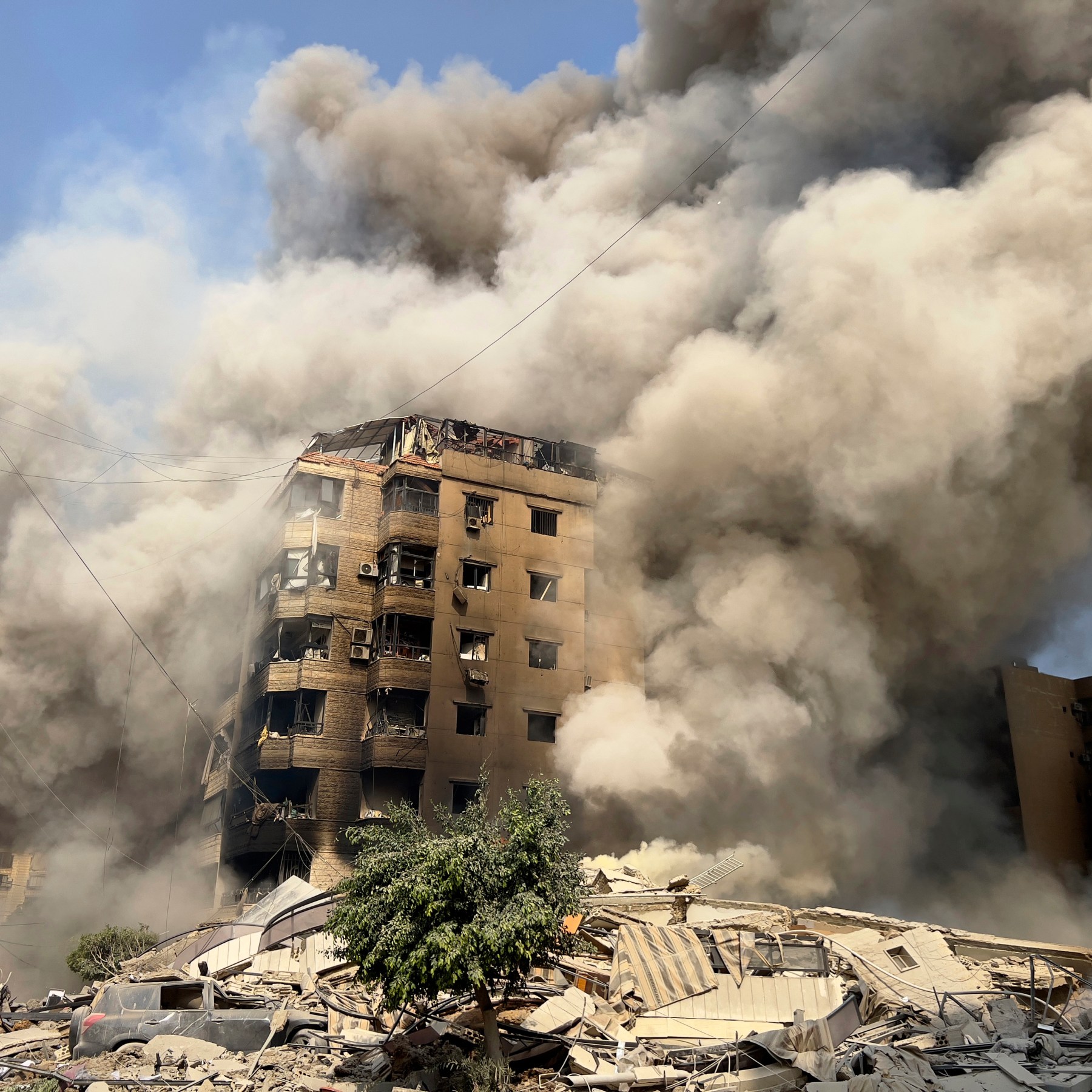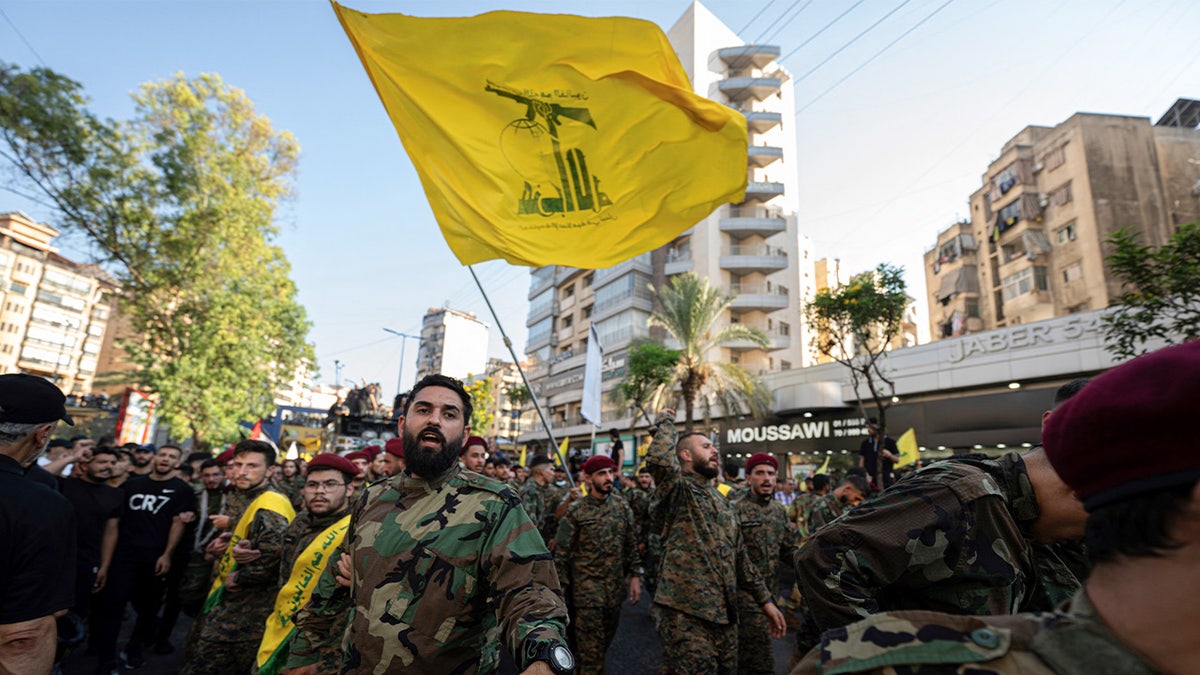Hezbollah Threatens Retaliation Amid Pivotal Disarmament Talks; Lebanon Braces for Conflict
As Lebanon approaches a critical cabinet session scheduled for next Tuesday, tensions are escalating surrounding the potential disarmament of Hezbollah. The Shiite militant group, which has been a significant player in Lebanese politics and military affairs, may retaliate if the government moves forward with plans to enforce a state monopoly on arms. The backdrop of this impending confrontation recalls the violent clashes of May 2008, when Hezbollah took military action against the Lebanese government after it attempted to dismantle its telecommunications network.
Background & Context
The Lebanese government’s efforts to disarm Hezbollah stem from a long-standing desire to consolidate state authority and curb the influence of non-state actors in the country. Historically, Hezbollah has maintained a powerful military wing, which it argues is essential for resisting Israeli aggression. However, increasing calls for disarmament have emerged from various political factions, particularly the Lebanese Forces (LF), which is seen as leading this initiative. The LF"s rising influence among the Christian population could set the stage for a significant shift in the political landscape, especially if Hezbollah perceives a need to assert its dominance by targeting Christian areas.
In May 2008, the government’s decision to dismantle Hezbollah"s telecommunications system led to violent confrontations that left dozens dead. Hezbollah refrained from attacking Christian neighborhoods at that time due to an agreement with the Free Patriotic Movement (FPM). However, the current political climate is markedly different, with the LF emerging as a central figure in the push for Hezbollah"s disarmament, raising concerns about potential conflicts in regions traditionally viewed as Hezbollah strongholds.
Key Developments
In recent statements, LF Member of Parliament Razi Al Hajj emphasized that any military response to a resurgence of violence akin to the events of May 7, 2008, would come through the Lebanese Army and the state apparatus. He asserted, “The response to any new May 7 will be through the state and the army, and if necessary, through the Lebanese Forces.” This declaration underscores the LF"s commitment to a state-led approach to disarmament, contrasting sharply with Hezbollah"s militant history.
As the cabinet session approaches, President Michel Aoun and Prime Minister Tammam Salam are also vocal proponents of disarming Hezbollah, indicating a unified governmental front against the group. This alignment of political forces against Hezbollah is unprecedented and could embolden the Lebanese Army to act decisively, differing from its passive stance during the 2008 conflict.
\n\n
Image for Hezbollah Threatens Retaliation Amid Pivotal Disarmament Talks; Lebanon Braces for Conflict
Broader Impact
The implications of this standoff extend beyond mere political maneuvering. Hezbollah"s potential retaliation could trigger a cycle of violence that destabilizes not only Lebanon but also the broader region. With Syria reportedly viewing Hezbollah as an adversary, the group finds itself increasingly isolated. The Lebanese Army, representing the state, may not remain passive in the face of renewed aggression, marking a significant shift in the dynamics of power within Lebanon.
Moreover, the regional ramifications cannot be overlooked. Hezbollah"s activities have historically drawn international attention, with various nations closely monitoring its military capabilities and alliances. The potential for conflict could affect Lebanon"s relations with neighboring countries, particularly in the context of ongoing tensions with Israel and the complex web of alliances in the region.
What"s Next
As Lebanon braces for next Tuesday’s cabinet session, the atmosphere is thick with anticipation and anxiety. The outcome of this meeting could determine whether the country descends into chaos or charts a path towards greater state control over armed factions. Experts suggest that any military engagement initiated by Hezbollah would likely provoke a strong response from the Lebanese Army and could lead to a broader conflict involving various political factions.
In light of these developments, observers are urging caution and dialogue as the best means to avoid a repeat of past violence. The international community will undoubtedly keep a close eye on Lebanon"s evolving situation, hoping for a peaceful resolution to the tensions that have long plagued the nation. As previously reported, recent developments in regional politics may further complicate the situation, making the need for a careful diplomatic approach more urgent than ever.

Image for Hezbollah Threatens Retaliation Amid Pivotal Disarmament Talks; Lebanon Braces for Conflict



![[Video] Gunfire between Iraqi security forces and Sadr militias in Baghdad](/_next/image?url=%2Fapi%2Fimage%2Fthumbnails%2Fthumbnail-1768343508874-4redb-thumbnail.jpg&w=3840&q=75)
